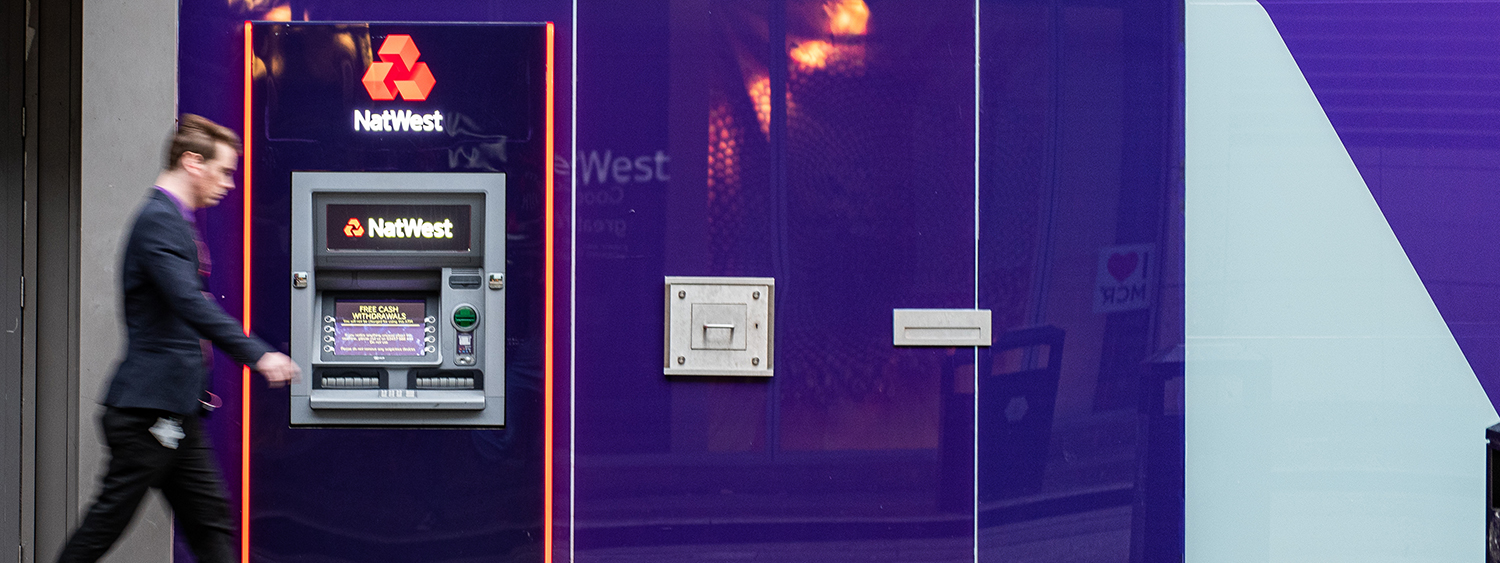Itaú Unibanco has launched the #ÉFake platform to combat the spread of fake news and misinformation affecting the bank and the financial sector. Accessible at itau.com.br/imprensa/efake, the platform facilitates swift communication through instant messaging and email channels.
Powered by Quaest's Q-Insider, #ÉFake rapidly tracks and identifies false news related to the Itaú brand across websites, blogs, social media, and messaging groups. The initiative provides clarity to employees, clients, investors, journalists, and the wider society, preventing the dissemination of deceptive content. The platform is managed and curated by the bank's Corporate Communications team.
Pâmela Vaiano, Corporate Communications Superintendent at Itaú Unibanco, emphasizes the growing threat of fake news to society and businesses. With digitalization, misinformation spreads easily, requiring effective tools for reliable communication. Vaiano states, "The integrity of brands like Itaú depends on companies' ability to promote ethical, transparent, and accurate communication, and #ÉFake was created to support us in this mission."
Professor Felipe Nunes, co-founder of Quaest, highlights the professional production of fake news, leading individuals to impulsive decisions based on fear. The collaborative effort with Itaú aims to protect clients and the market from misguided decisions.
Brazilians and fake news
Brazilians lead global statistics in believing and being exposed to fake news. According to a 2022 survey by the Poynter Institute with Google's support, 44% of Brazilian internet users have daily access to fake news. Regardless of age, 65% express concern about the impact of fake news on their lives and families. Brazilians often verify the source (66%) and data from messages (59%) to confirm information accuracy, with 55% using search engines for additional verification.








